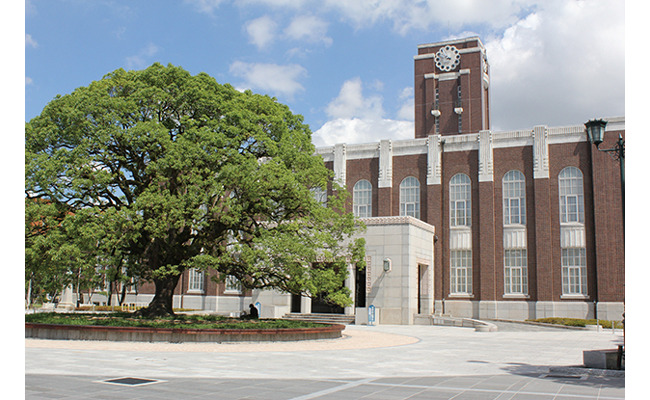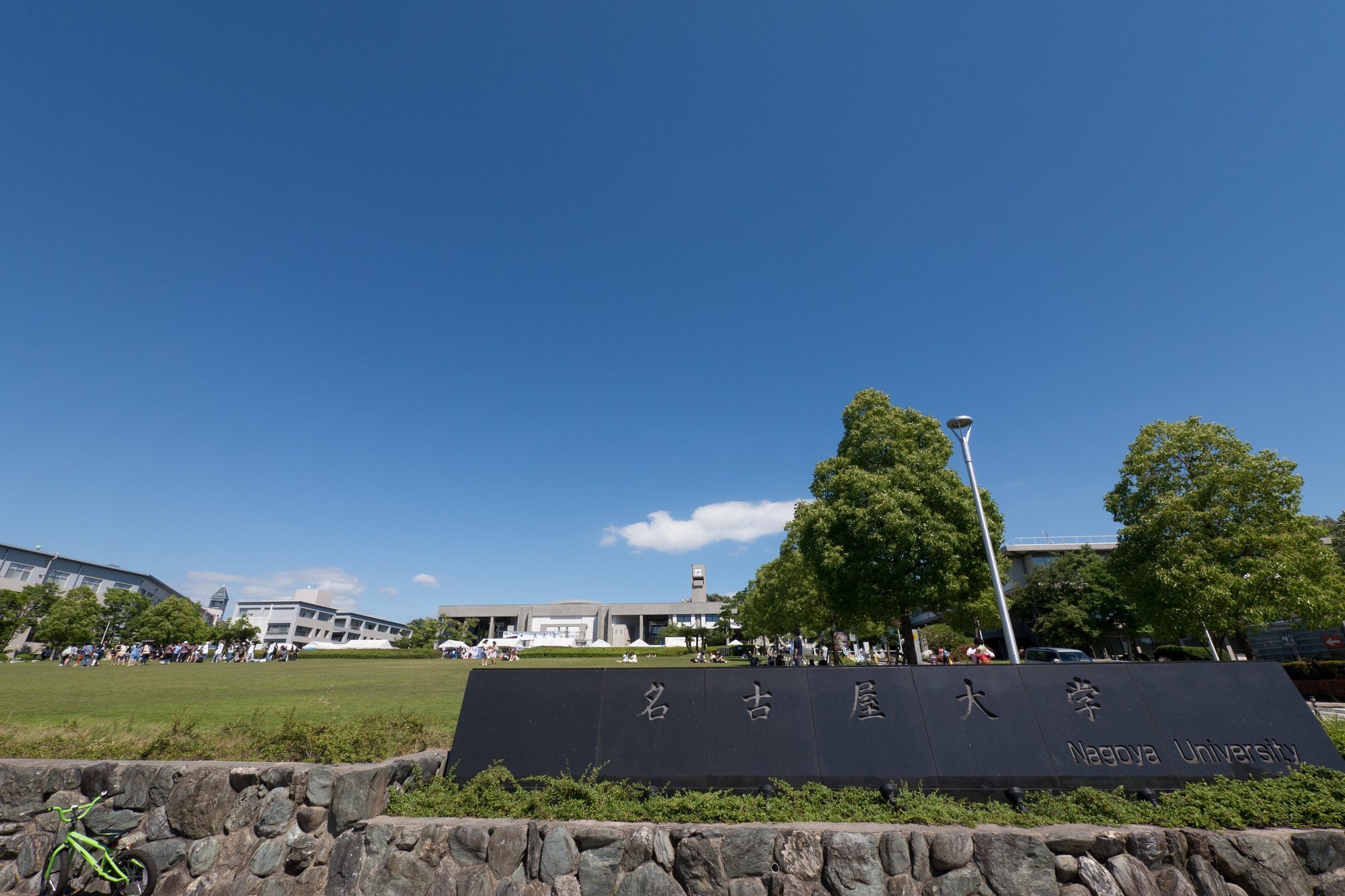Solving the current urgent need to solve Africa's food security problems
Shiraishi: I understand that food security is very difficult due to the outbreak of the new coronavirus.I think there are various issues to be solved for that, but what is the most urgent one? While working at FAO, I remember that the catastrophic feeding damage caused by the outbreak of desert locust, which began in eastern Africa, was an urgent issue.
Borico: Currently, desert locust feeding damage has spread to about 23 countries throughout Africa.As for Madagascar, the project carried out from 2014 to 2017 has produced results, but with the end of the project, the problem of grasshopper mass outbreaks has become apparent again.The outbreak of the new coronavirus has restricted the movement of people and goods, and the response to this problem has been delayed.It is expected that experienced countries such as Morocco will provide information and assistance to other African countries.The explosive spread of the Lepidoptera pest, Fall armyworm, has also had a serious impact on agricultural production.In Madagascar, about 53% of all corn produced is damaged by feeding, and urgent action is being called for, but there are delays such as the arrival of ships and planes loaded with pesticides.In addition, due to the effects of climate change, precipitation will decrease in South Madagascar after 2019, and drought damage will be significant, and it is estimated that food production will decrease by about 2021% in 60.In addition, there are many other issues such as animal infectious diseases and food safety issues.
Shiraishi: What kind of support does FAO provide for such urgent issues?
Borico: FAO provides information and knowledge based on scientific knowledge in collaboration with various partners such as the United Nations Food Program (WFP) and other United Nations agencies.A wide variety of data can be obtained by collecting and analyzing highly reliable information from all over the world.More recently, a dialogue between nations took place prior to the United Nations Food System Summit, which FAO facilitated in collaboration with the WFP and the International Fund for Agricultural Development (IFAD) offices. In the year from April 2020 to April 4, the proportion of people in need of continuous food assistance increased by about 2021% in African countries, according to a WFP report.The outbreak of coronavirus infection has had a major impact on food security in African countries.
Japan's food security situation and its challenges from the perspective of African countries
Shiraishi: From African countries, I would like to focus on Japan next and ask for opinions on Japan's food security.As a former FAO Liaison Office Director in Japan, he has been in command in Japan for seven years and has a PhD from Nagoya University, so he seems to have a deep insight into Japan's food security.When I was working for the Ministry of Foreign Affairs, I often worked with him, but I remember that food waste was a big problem at that time.The position has changed from Japan to Madagascar, but when you think about Japan's food security again, what do you think is the biggest challenge?
Borico: I think that the issue of food waste is at the center of the issue.I think we should learn from the various natural disasters, including the Great East Japan Earthquake, and the outbreak of the new coronavirus that what is available today is not always available tomorrow.Japan is a country with strong resilience and has overcome various major problems, but each time there is a debate about food security issues. During his time as the head of the FAO Liaison Office in Japan, he has been engaged in various activities such as establishing the FAO Parliamentary League, holding seminars, and visiting the FAO Secretary-General and Deputy Secretary-General.
Among them, the "Act on Promotion of Food Loss Reduction" (abbreviated as Food Loss Reduction Promotion Act) was promulgated as Reiwa 5st Year Law No. 31 on May 19, 10st year of Reiwa, and 1th year of Reiwa. I was very pleased to see that it came into effect on the XNUMXst of March.I want producers, consumers, and everyone to be aware of not throwing away food and take sustainable actions.
Expectations for Japan in Food Security ・ International Contribution
Shiraishi: It seems that Japan is recognized internationally as a country with strong resilience, but I would like to continue to ask about Japan's international contribution to global food security.At present, it is considered difficult to carry out support activities locally due to the spread of infection, but what kind of support and cooperation is expected in the post-corona (even in the case of corona sickness to the extent possible)?
Borico: Japan has already made a great contribution to the international community.It is implemented in five countries, Kenya, Comoro, Madagascar, Seychelles, and Mauritius, and has a close relationship with itself. And I am very grateful for the support for the "Plan to Strengthen Maritime Security" project [see column above].Japan is also in a difficult economic situation due to the outbreak of the new coronavirus, so it is sufficient if you can continue to provide support and international contributions.
What kind of contribution can you make to the poor?I have visited the poorest southern part of Madagascar and have experienced that it does not necessarily require a lot of money to help the poor.A small amount of money for people in developed countries, including Japan, will be a great financial support for them, and it will be possible to deal with climate change problems such as drought and pests.In addition, various technologies and knowledge related to agriculture and food production are accumulated in Japan.Support from Japan will allow children who cannot go to school to go to school, save people in need of hunger, and contribute to the food security of the country.
Recently, there has been an event that I was proud of being a FAO staff member.In South Madagascar, he taught climate change-friendly agriculture to certain families at a farmer's school.They were able to continue to produce food using the techniques they had learned in the drought and little rainfall, and they also purchased goats from the crops they produced.I believe that expanding such a small project can have a big effect.Children under the age of five, in particular, can have a significant negative impact on their later growth if they do not get the nutrition they need when they need it. FAO will continue to support the issues surrounding food and agriculture so that they do not develop into major problems, and if problems do occur, they will work with member countries to minimize the damage. ing.
Improving food security through coral reef fishing in five countries: Kenya, Comoro, Madagascar, Seychelles and Mauritius
To help strengthen food security and promote maritime security in Nairobi Africa, FAO has signed an agreement with the Government of Japan on a joint venture on a US $ 440 million Blue Growth Initiative. The project, which will run for three years from 4, is expected to target approximately 7500 fishermen in the Indian Ocean coastal countries and improve the production of coral reef fisheries.At the same time, it is expected that the knowledge and abilities of about 2019 fishermen in the five target countries will be improved through training on maritime security and fishery management.Details of the support can be viewed on the Ministry of Foreign Affairs website.
https://www.mofa.go.jp/mofaj/press/release/press4_007729.html
Message to high school and college students
Shiraishi: Finally, I would like to ask a message to the high school students who will carry Japan and the world in the future.
Borico: With the development of information and transportation networks, the world can now be likened to a small village.The outbreak of the new coronavirus began in China, but countries around the world initially thought it was a problem only for China.In Europe, when Italy first saw an outbreak of infection, other European countries did not actively reach out to Italy.
In the meantime, many infected people have appeared due to the movement of humans all over the world, and it has become a pandemic as it is now.When the Islamic State extremist organizations (ISIS) that arose in Iraq and Syria became a problem, many people initially did not realize that it was happening in the distance in Japan.However, two Japanese were taken hostage in Syria and ended up being killed one after another despite efforts by the Japanese and Jordanian governments to liberate them.
The big mistake in taking leadership is to see a problem as someone else's affair and leave it alone.Infections caused by the new coronavirus, which initially occurred in certain parts of China, have now spread around the world.Leaders need the ability to think of problems that seem to be other people's affairs.Let's solve it somehow, let's work together to find a better direction.We believe that the birth of many such leaders will form a better world.There is a good chance that current high school students will become such leaders and make international contributions.
Message from this magazine to readers
To all students Let's write a letter (message) to Mr. Boriko about what he noticed and thoughts after reading this article (English is also welcome).
To teachers If you are interested in the online dialogue between Mr. Boriko and the students, please contact the editorial department.Please note that there is a limit to the time setting.In addition, if there are many requests, it will be a lottery.
In either case, please contact the editorial department once.Letters can be emailed, but if handwritten, scan and email or fax.If you would like to have a dialogue with the class or school, please write so and send us an email or fax.
Address: kya01311@nifty.com
FAX: 06-6372-5374 Phone: 06-6372-5372

Mbuli Charles Boliko
Born in the Democratic Republic of the Congo, he holds a bachelor's degree (psychology) and a master's degree (industrial psychology) from the University of Kisangani.After teaching at Kinshasa University of Commerce for three years, he came to Japan in 3.Received a PhD in International Development Theory from the Graduate School of International Development, Nagoya University.Sometimes he describes himself as made in JAPAN. Worked at FAO since 1990. Since 1997, he has been assigned to the NY Liaison Office, and since 1998, he has been assigned to the Rome Headquarters as a secretariat. In 2003, he became the first foreign director of the FAO Liaison Office in Japan, and has been making efforts to strengthen relations between Japan and FAO for about 2009 years. He was appointed as the representative of the Madagascar office in September 2013, and continues to this day.As a visiting professor at the Catholic University of the Democratic Republic of the Congo, he also teaches personnel management and administration / development.


Mr. Akira Shiraishi
Graduated from the Faculty of Agriculture, Kyoto University in 2012, and completed the master's course at the Graduate School of Agriculture, Kyoto University in 2014.While enrolled in the master's program, experienced volunteer activities in Bangladesh as a short-term Japan Overseas Cooperation Volunteer through the Japan International Cooperation Agency (JICA). After working as an intern at FAO in 2015-2016 and as a research fellow at the Japan Society for the Promotion of Science in 2016-2017, he obtained a doctorate (agriculture) from the Graduate School of Agriculture, Kyoto University in 2017.In the same year, he completed the Kyoto University Graduate School Program.After completing the doctoral course at the same graduate school, he worked as a foreign affairs secretary in the Economic Security Division of the Economic Affairs Bureau of the Ministry of Foreign Affairs in 2017-2018. After working as a FAO Junior Specialist in 2018-2020 and a FAO Food Safety Specialist in 2020-2021, he has been an Assistant Professor at the Graduate School of Agriculture, Kyoto University since January 2021.Born in Gifu Prefectural Tajimi Kita High School.

- 1
- 2


